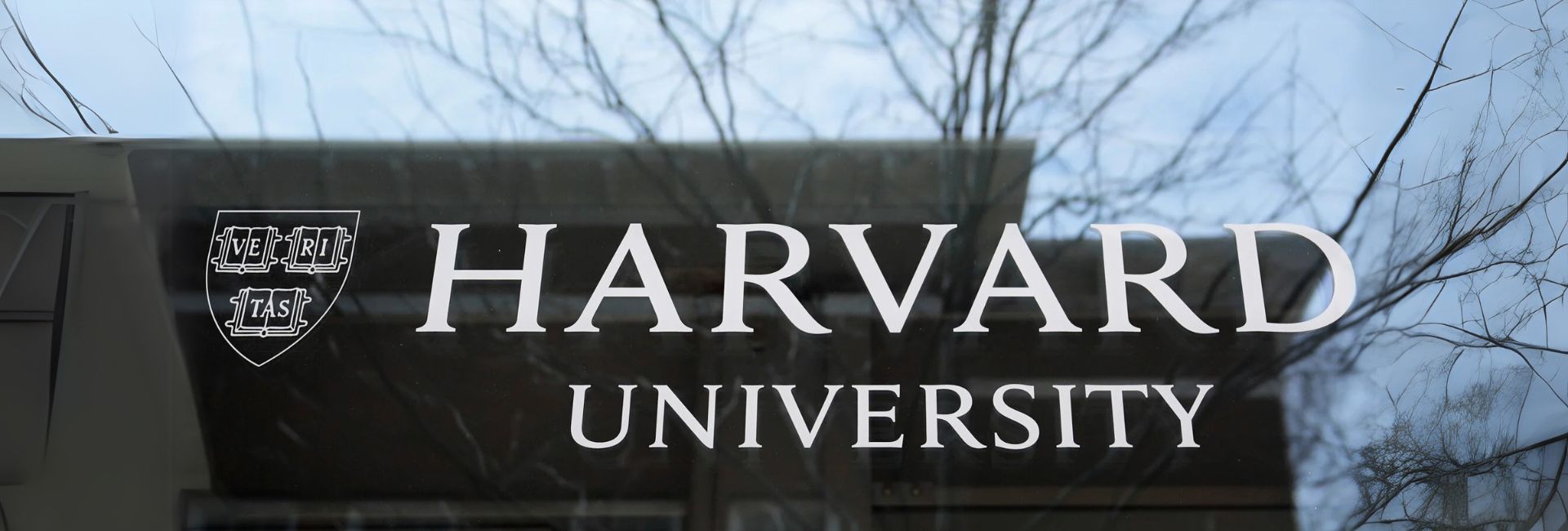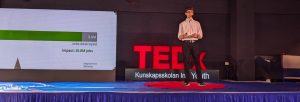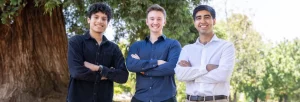(May 28, 2025) In early May, Shreya Mishra Reddy was preparing for what should have been a proud moment. The 33-year-old entrepreneur from Bengaluru had completed her coursework in Harvard Business School’s Program for Leadership Development and was looking forward to returning to campus for her final residency.
Instead, her plans were suddenly thrown into doubt. “With Trump’s crackdown on foreign students, I don’t know if I’ll be let back on campus,” Shreya told Business Insider.
Shreya is one of nearly 800 Indian students currently enrolled at Harvard. Like thousands of international students across the U.S., she now finds her future uncertain. The turning point came when the U.S. Department of Homeland Security (DHS) revoked Harvard’s certification under the Student and Exchange Visitor Program (SEVP)—a requirement for universities to host international students on F-1 and J-1 visas. “Harvard can no longer enroll foreign students, and existing foreign students must transfer or lose their legal status,” the department said in an official statement.
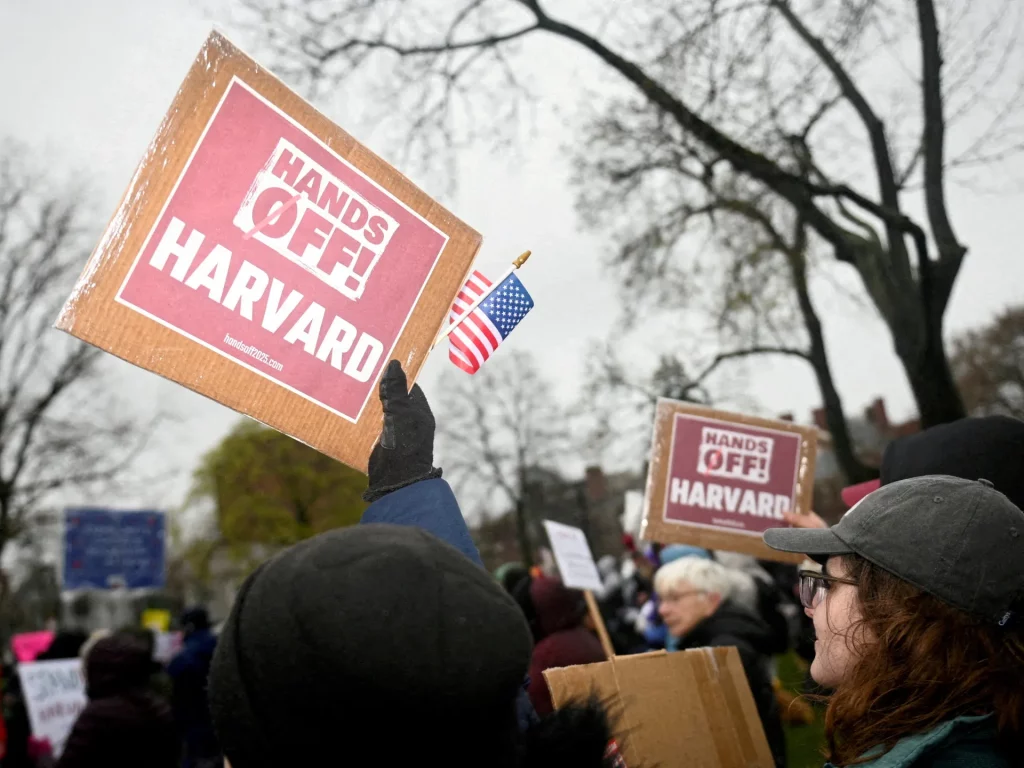
The decision not only affects incoming admits but also students in long-term doctoral or multi-year graduate programs. For many, transferring mid-course is academically disruptive and not always feasible. With limited time and little clarity, Indian students are left scrambling for alternatives.
Trump’s Campaign Against Harvard
This crisis stems from President Donald Trump’s intensifying campaign against Harvard, one that began during his first term and has escalated in recent months. Back in 2020, Trump openly lambasted Harvard for shifting classes online amid the pandemic, calling the university’s approach “ridiculous” and an “easy way out”. His administration tried to bar international students from staying in the U.S. if their courses went fully remote – a directive that prompted Harvard and MIT to sue and forced a swift retreat.
Now in his second term, Trump has found new fuel for his long-standing grievance that elite campuses are hostile to conservative “American values.” After widespread student protests over Israel–Gaza last year, Trump signed an executive order on “campus free speech,” claiming American universities had “been under siege” and citing the alleged harassment of Jewish students as justification for federal intervention. Harvard – with its liberal reputation and outspoken campus activists – quickly emerged as a prime target.
In April, Harvard’s provost (and acting president) Dr. Alan M. Garber rebuffed federal demands to overhaul the university’s hiring, admissions, and curriculum to fit the administration’s line. The response from Trump’s camp was ominous. On Truth Social, the President railed against Harvard’s sizable international student population, writing: “Why isn’t Harvard saying that almost 31% of their students are from FOREIGN LANDS… We want to know who those foreign students are, a reasonable request since we give Harvard BILLIONS OF DOLLARS… We want those names and countries”.Trump had made it clear that Harvard’s international students were now under scrutiny—putting thousands of Indian students, current and prospective, directly in the spotlight.
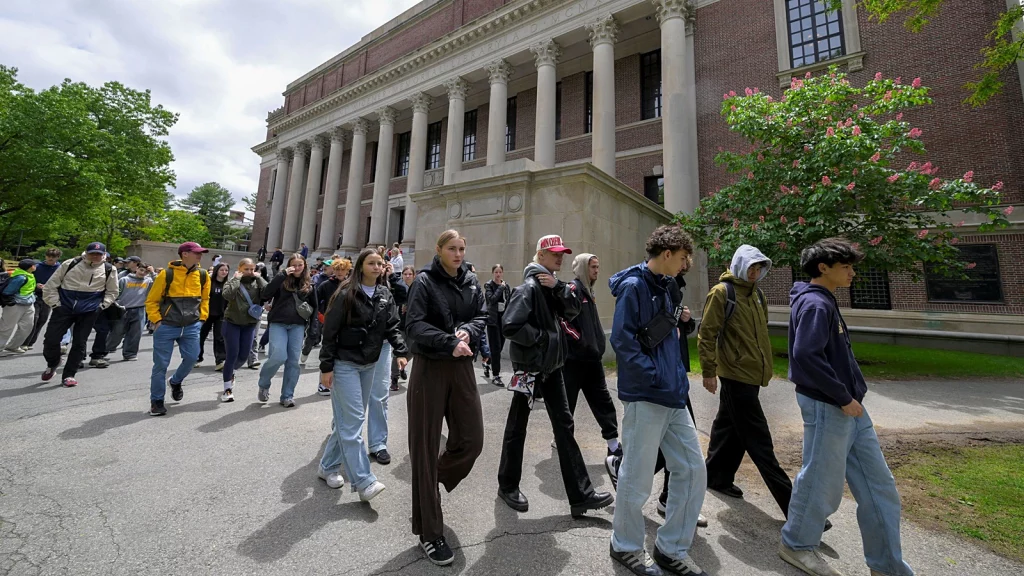

SEVP Revoked: Harvard Fights Back
That was followed by a major policy move. On May 22, Homeland Security Secretary Kristi Noem informed Harvard that its permission to host international students—known as SEVP certification—had been revoked with immediate effect. This certification allows U.S. universities to admit students on F-1 and J-1 visas. Without it, Harvard can’t issue the documents (called I-20s) that international students need to apply for visas.
In a strongly worded letter, Noem accused Harvard of creating an unsafe environment for Jewish students, promoting pro-Hamas views, and supporting “racist” diversity policies. She also alleged that the university was “coordinating with the Chinese Communist Party.” “It is a privilege, not a right, for universities to enroll foreign students,” Noem stated, adding that Harvard had “failed to adhere to the law.”
Along with the order came strict conditions. Harvard was given 72 hours to hand over years of records on international students, including disciplinary files and video footage of protests involving foreign nationals. The government demanded detailed information on any non-citizen student allegedly involved in illegal, violent, or disruptive activity over the past five years.
This level of scrutiny shocked Harvard’s leadership. Provost Dr. Alan Garber called the move “unlawful and unwarranted,” warning it would harm thousands of students and send a chilling message to global scholars hoping to study in the U.S.
Former Harvard president Lawrence Bacow, who led the university during a similar clash with the Trump administration in 2020, put it simply: “Without its international students, Harvard is not Harvard.”
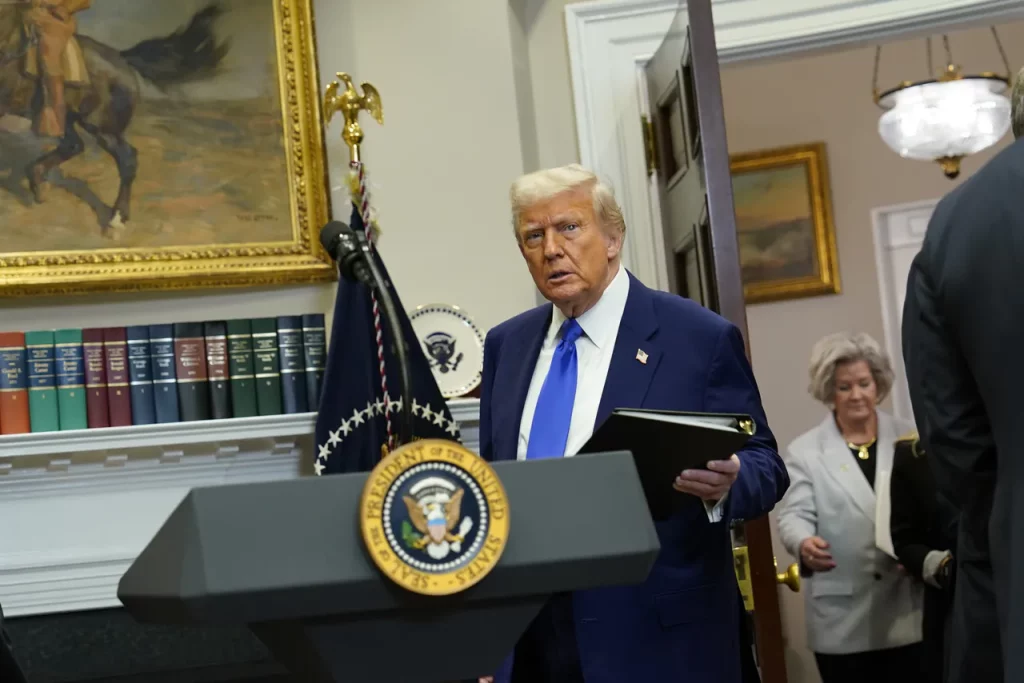

Harvard acted quickly. Within hours, it filed a lawsuit in federal court, calling the visa ban a “blatant violation of the Constitution” and an abuse of power.
President Donald Trump also threatened financial consequences. In a post on Truth Social, he wrote: “I am considering taking 30 billion dollars of grant money away from a very antisemitic Harvard, and giving it to trade schools all across our land. What a great investment that would be for the USA, and so badly needed.”
A federal judge in Boston later granted a temporary restraining order, blocking the DHS directive while the case proceeds. But this is not a permanent fix—the university’s ability to host international students still depends on the court’s final ruling.
How Indian Students Are Affected
This decision has direct implications for Indian students, many of whom are enrolled in multi-year graduate or doctoral programs. Transferring mid-course is not only difficult but can delay graduation and disrupt research work.
The revocation affects the university’s ability to issue the I-20 form, which is required for international students to apply for visas. Those who can’t find alternatives could lose their legal status in the U.S. Even if other institutions could take them, many wonder: would their Harvard credits transfer? What about research projects or thesis work left unfinished? And if no transfer is secured, students would face the specter of deportation. Under immigration law, once a school’s SEVP status is terminated, its foreign students are no longer in lawful status. This means students might have to leave the U.S. at very short notice to avoid problems with future visas. Those who have recently graduated and are working under Optional Practical Training (OPT) could suddenly lose their work permits, leaving them stuck and without a clear path forward. The uncertainty is already affecting job offers and career plans that many students were relying on.


Moreover, the financial impact is huge. International students help fund U.S. universities, since they usually pay the full cost of tuition and don’t get government aid. At Harvard, most foreign students pay around $82,000 a year including tuition, fees, and living expenses. With about 6,800 international students, that adds up to more than $560 million a year. For Indian families, sending a child to Harvard often means taking out large loans or using up long-term savings.
A 24-year-old from Haryana, recently admitted to Harvard Kennedy School, said in an interview with India Today: “My phone was bombarded with messages… I was heartbroken. I don’t know what to do.”
He had already paid a non-refundable deposit and planned to finance his ₹1.8 crore education through loans. His goal was to work in the U.S. for a few years after graduation to repay it—but now he’s unsure if he’ll even be able to enter the country.
A Wake-Up Call for Indian Families
For many Indian students, studying in the U.S.—especially at Ivy League schools like Harvard—has long been a top goal. But the current visa crisis is forcing families to think twice.
“We’re getting calls from anxious parents asking whether it’s worth the risk to send students to the U.S. now or if they should opt for another country,” says Nikhil Jain, CEO of a Pune-based study-abroad consultancy, in an interview with The Times of India.
The high cost of education, visa uncertainty, and a shaky job market are making families nervous. Some students have begun looking at universities in Canada, the UK, or Singapore as backup options. Others are hoping that the situation will stabilize before the fall semester.
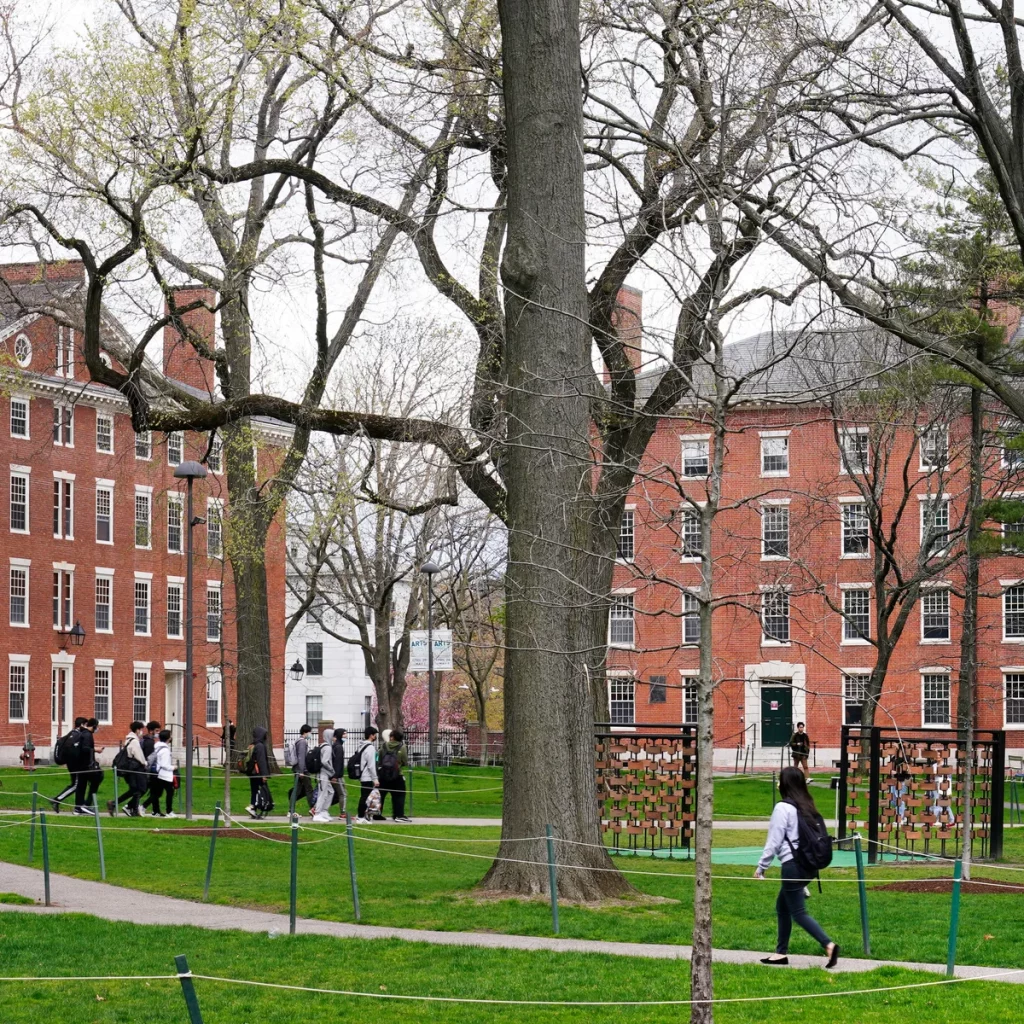

Where Things Stand Now
As of now, Harvard’s international students—including Indian students—are protected by the court’s temporary order. But the case is ongoing, and the administration could still appeal. There is no guarantee that SEVP certification will be restored in time for the fall semester.
Students like Shreya are watching closely, hoping for clarity—and fairness. “I came here believing I’d earn not just a degree, but a future,” she told Business Insider. “But now I know how fragile that can be.”
For many Indian students, Harvard wasn’t just a goal—it was a symbol of what was possible. Whether that promise still holds will depend on what happens in the weeks to come.
ALSO READ | From Bengaluru to South Africa: How D Sai Karthik is reimagining classrooms across borders

